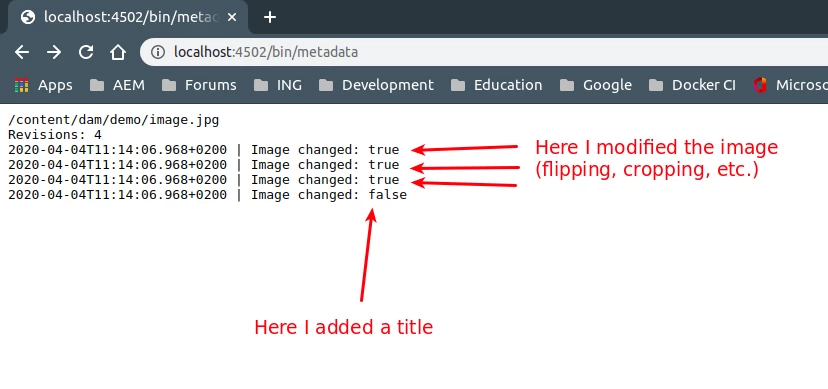Get Asset version related to image change -color/size
Hi All,
We are having a use case to get an asset version related to change in the asset birany (image itself such as image color, size change, not in metadata), not related to metadata change.
AEM creates an asset version for metadata and binary changes and stores into /jcr:system/jcr:versionStorage.
Can you guys please suggest an approach to get asset version related to binary change only, not metadata change?
Thanks in advance.


